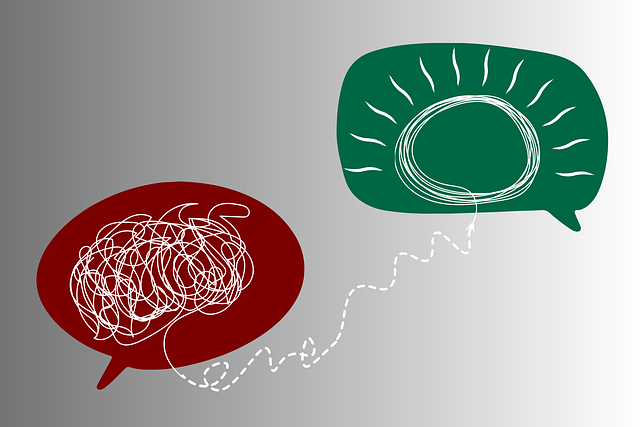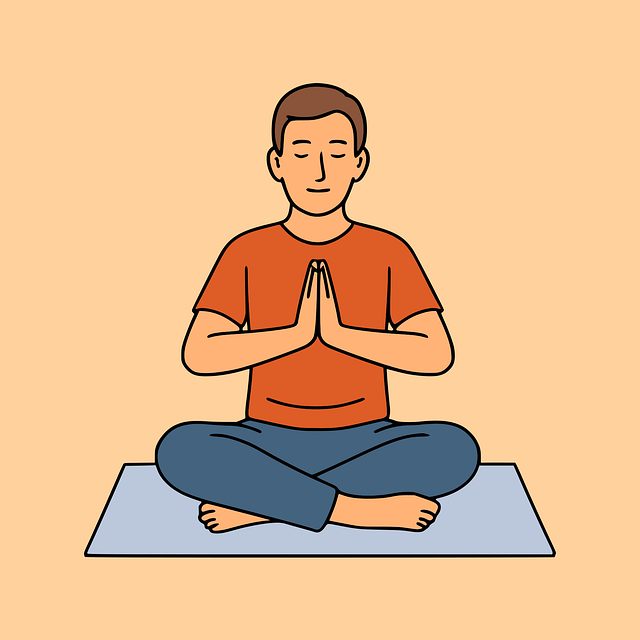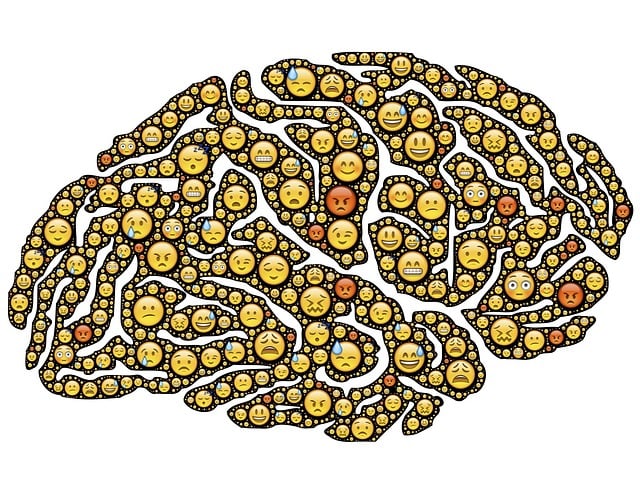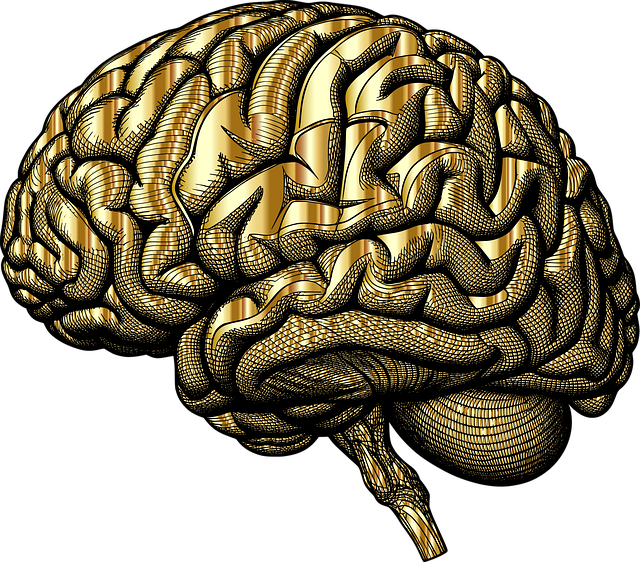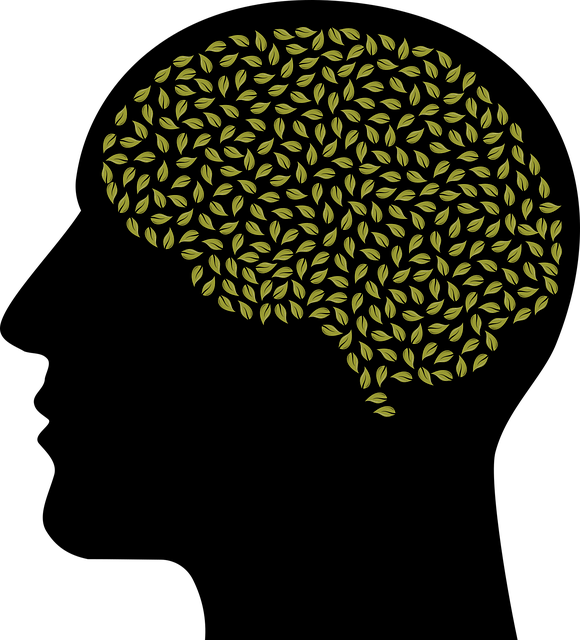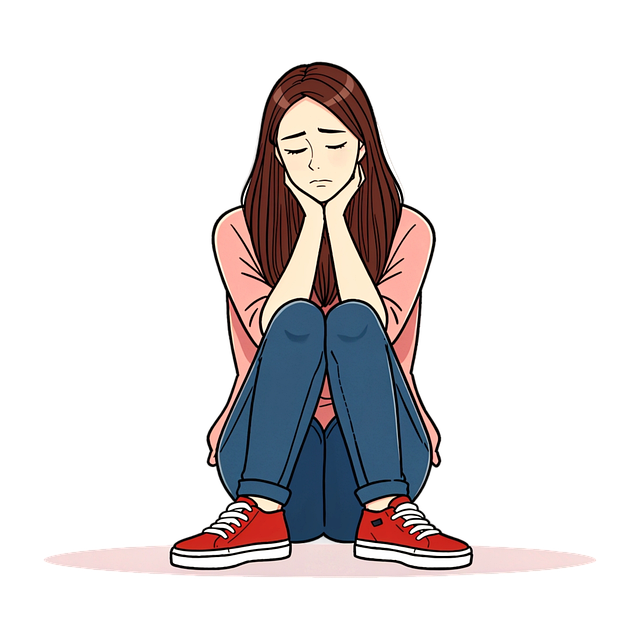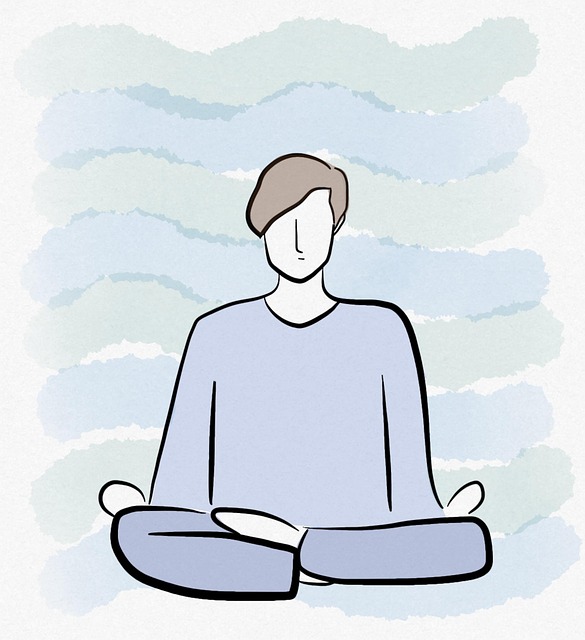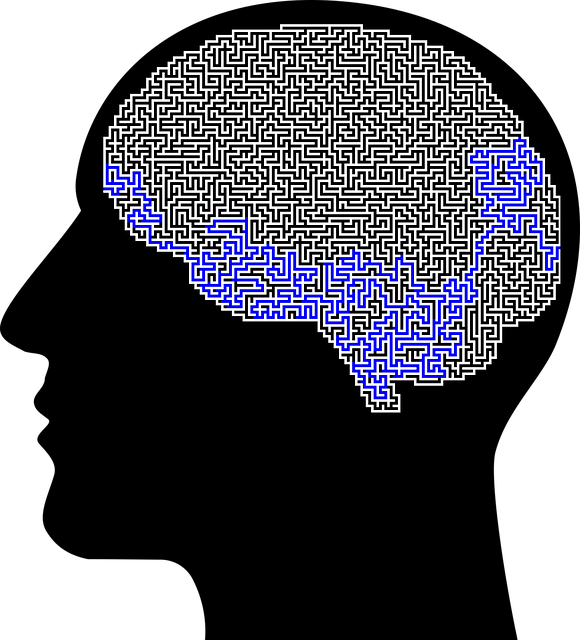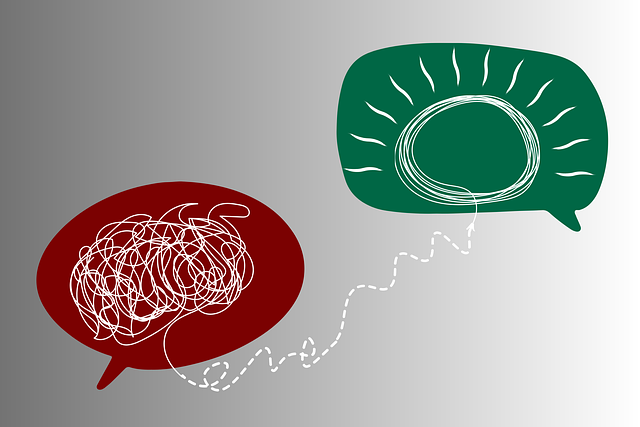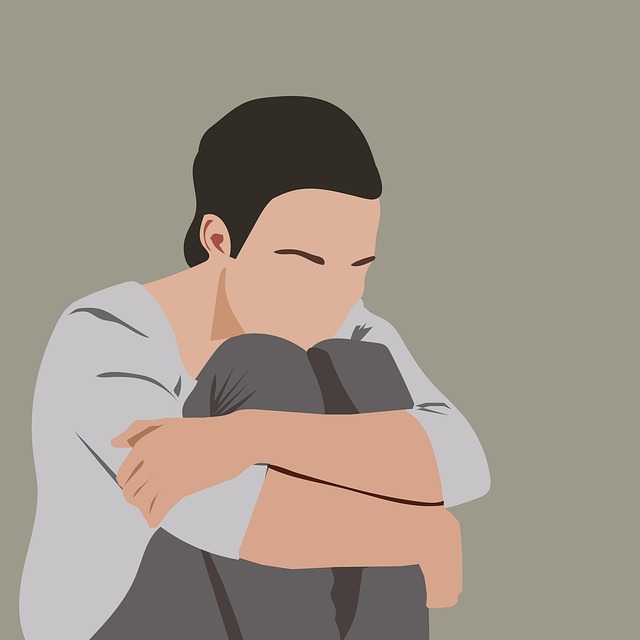Greenwood Village OCD therapy emphasizes self-care as a powerful tool for managing mental health challenges, particularly OCD. By integrating mindfulness meditation, exercise, adequate sleep, and engaging hobbies, individuals can reduce stress, improve mood, and build resilience. Personalized self-care routines tailored to cultural needs are key, with regular reviews ensuring adaptability. Mindfulness meditation emerges as a game-changer in OCD therapy, fostering mental control and confidence. Public awareness about OCD encourages embracing self-care practices for successful recovery, underpinned by Greenwood Village Obsessive Compulsive Disorder Therapy.
In today’s fast-paced world, self-care practices are essential for maintaining mental health and overall well-being. This article explores the profound impact of self-care on mental health, guiding you through a journey of self-discovery to recognize personal needs. We offer practical strategies for integrating effective self-care routines into your daily life. Additionally, we provide valuable tips for overcoming challenges, particularly those related to Greenwood Village Obsessive Compulsive Disorder (OCD) therapy, ensuring sustainable self-care practices.
- Understanding Self-Care and its Impact on Mental Health
- Recognizing Personal Needs: A Journey to Self-Discovery
- Strategies for Integrating Effective Self-Care Routines
- Overcoming Challenges: Tips for Sustaining Self-Care Practices with OCD in Greenwood Village
Understanding Self-Care and its Impact on Mental Health

Self-care is a fundamental practice that involves actively prioritizing one’s physical, mental, and emotional well-being. It’s more than just treating oneself; it’s an intentional act of nurturing and sustaining one’s overall health. In today’s fast-paced world, where stress and anxiety are prevalent, integrating self-care routines has become essential for maintaining good mental health. This is especially true for individuals dealing with conditions like Obsessive Compulsive Disorder (OCD), which can significantly impact daily life. Greenwood Village OCD therapy emphasizes the role of self-care as a complementary tool in managing symptoms, fostering emotional healing processes, and finding anxiety relief.
By incorporating practices such as mindfulness meditation, regular exercise, adequate sleep, and engaging hobbies into one’s routine, individuals can develop a robust Self-Care Routine Development for Better Mental Health. These activities help to reduce stress levels, improve mood, enhance cognitive function, and promote overall resilience against mental health challenges. Understanding the impact of self-care on mental health is crucial in recognizing its potential as an effective strategy alongside traditional therapy for conditions like OCD, enabling individuals to take charge of their emotional well-being.
Recognizing Personal Needs: A Journey to Self-Discovery

Recognizing Personal needs is a crucial step in the journey towards self-discovery and improved well-being. It involves taking time to understand your unique emotional, physical, and mental requirements. This process requires introspection and awareness of one’s thoughts, feelings, and behaviors. By acknowledging these aspects, individuals can identify patterns that may hinder their overall health, such as chronic stress or unmet emotional needs. Greenwood Village Obsessive Compulsive Disorder (OCD) therapy emphasizes the importance of this self-awareness, encouraging clients to explore and express their emotions openly.
This journey often requires navigating complex personal and cultural factors. Incorporating Cultural Competency Training for healthcare providers can significantly enhance understanding and support for diverse individuals seeking self-improvement. Mental Health Policy Analysis and Advocacy play a vital role in ensuring accessible resources and Self-Care Practices are tailored to meet the specific needs of each person, fostering a healthier society.
Strategies for Integrating Effective Self-Care Routines

Integrating effective self-care routines into your life is a crucial step towards improving mental well-being and managing conditions like Obsessive Compulsive Disorder (OCD), as supported by Greenwood Village OCD Therapy practices. The key lies in customizing these practices to fit individual needs and lifestyles. Start by identifying areas of stress and fatigue, whether it’s work, relationships, or personal habits, and allocate dedicated time for self-care. For instance, practicing mindfulness through meditation or deep breathing exercises can significantly reduce anxiety and enhance focus, as advocated by the Mind Over Matter principles.
Cultural sensitivity in mental healthcare practice also plays a role. Recognize that different cultures have unique perspectives on well-being, and incorporate practices that resonate with your personal and cultural background. Whether it’s engaging in traditional healing arts, connecting with nature, or participating in community activities, these self-care strategies can foster a sense of belonging and empowerment. Regularly reviewing and adjusting your routine ensures that you remain aligned with your evolving needs, creating a sustainable path towards holistic mental health.
Overcoming Challenges: Tips for Sustaining Self-Care Practices with OCD in Greenwood Village

In Greenwood Village, individuals dealing with Obsessive Compulsive Disorder (OCD) often face unique challenges when it comes to incorporating self-care practices into their daily routines. OCD can be a debilitating condition, characterized by intrusive thoughts and repetitive behaviors, making it difficult for people to focus on personal well-being. However, with the right strategies and support, maintaining a healthy self-care regimen is achievable. One powerful tool that has gained recognition in Greenwood Village Obsessive Compulsive Disorder therapy is mindfulness meditation.
Mindfulness practices can help individuals with OCD detach from compulsive behaviors and gain a sense of control. By focusing on the present moment, patients learn to observe their thoughts without judgment, fostering a healthier relationship with their minds. Moreover, engaging in regular mindfulness meditation sessions has been shown to boost confidence, a significant aspect of overcoming OCD-related obstacles. Public awareness campaigns development around mental health issues, including OCD, can further empower individuals to seek help and embrace self-care as an integral part of their journey towards recovery.
